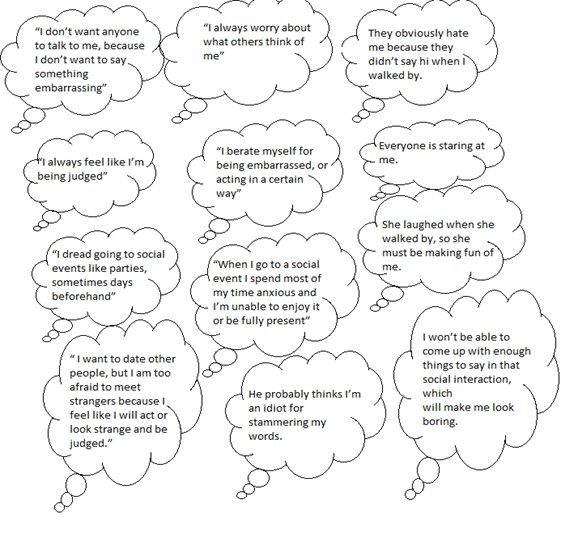Can’t Decide? It Might be Anxiety
By Jillian Irwin, LMFT | Counseling
Decision-making is a fundamental aspect of daily life, but for some individuals, it can become a source of stress and uncertainty. The struggle to make decisions, especially significant ones, may indeed be linked to anxiety. Here’s a closer look at how anxiety can impact decision-making processes.
Indecision and Anxiety
Anxiety can manifest in various ways, and one common symptom is indecisiveness. Individuals with anxiety may find it challenging to make decisions due to several factors:
- Overthinking – Anxiety often leads to excessive worry and overthinking, making it difficult to weigh options and come to a conclusion.
- Fear of Making Mistakes – Anxiety can create a fear of making the wrong decision, leading to hesitation and second-guessing.
- Perfectionism – Some individuals with anxiety have high standards for themselves and fear that their decisions won’t meet these standards, leading to indecision.
- Anticipatory Anxiety – This is anxiety about anxiety. The anticipation of potential negative outcomes can paralyze decision-making, as the individual becomes focused on avoiding perceived risks.
Impact on Daily Life
Difficulty making decisions due to anxiety can have significant consequences in various areas:
- Personal Life – Simple decisions like what to eat or wear can become overwhelming, leading to procrastination or avoidance.
- Work or School – Choosing projects, tasks, or making career-related decisions may be challenging, affecting productivity and progress.
- Relationships – Anxiety-driven indecision can strain relationships, as the inability to make choices or express preferences may lead to misunderstandings or conflict.
- Emotional Well-being – The constant stress of decision-making can contribute to increased anxiety levels and lead to other emotions such as guilt, helplessness or frustration. This can affect overall mental health and well-being.
If anxiety is affecting your ability to make decisions or has other impacts on your daily life, you’re not alone. According to the National Institute for Mental Health, nearly 20% of adults in the United States have some kind of anxiety disorder. For mild cases of anxiety, you can try to manage your symptoms at home.
Addressing Decision-Making Challenges
Managing anxiety-related decision-making difficulties involves a multi-faceted approach:
- Recognize Anxiety – Acknowledge that anxiety may be contributing to indecisiveness and seek support from mental health professionals for assessment and guidance.
- Practice Mindfulness – Mindfulness techniques can help reduce anxiety levels, improve focus, and promote clearer thinking during decision-making.
- Set Realistic Expectations – Challenge perfectionistic tendencies by setting realistic expectations for decisions and accepting that not all outcomes will be perfect.
- Seek Support – Talk to trusted friends, family members, or a therapist about decision-making challenges and explore strategies for coping with anxiety in decision-making situations.
By addressing anxiety and developing coping strategies, individuals can regain confidence in their decision-making abilities and navigate life’s choices more effectively. If you need help managing or even diagnosing your anxiety, start by scheduling an appointment with a NOAH primary care provider, counselor, or psychiatrist. Your NOAH Care Team will partner with you to develop the right treatment plan for you.
Counseling and psychiatry services are available for ages 6 and up. Most insurance plans are accepted at NOAH (including all AHCCCS Medicaid plans) and a Sliding Fee Scale offers reduced rates for those that qualify based on household income and family size. For more information about eligibility, contact NOAH Community Resources.



